In the realm of residential architecture, where dreams and blueprints merge to create the very spaces we call home, the choice of an architect is a significant decision. Your home, after all, is not just a structure, it’s a canvas upon which your life’s story unfolds. The journey to crafting your home begins not with bricks and mortar but with essential questions. So whether you’re looking to purchase land in Spokane to build your dream home or find a fixer-upper house in Indianapolis, this Redfin article will explore 19 essential questions to ask a residential architect who will help turn your vision into a reality.
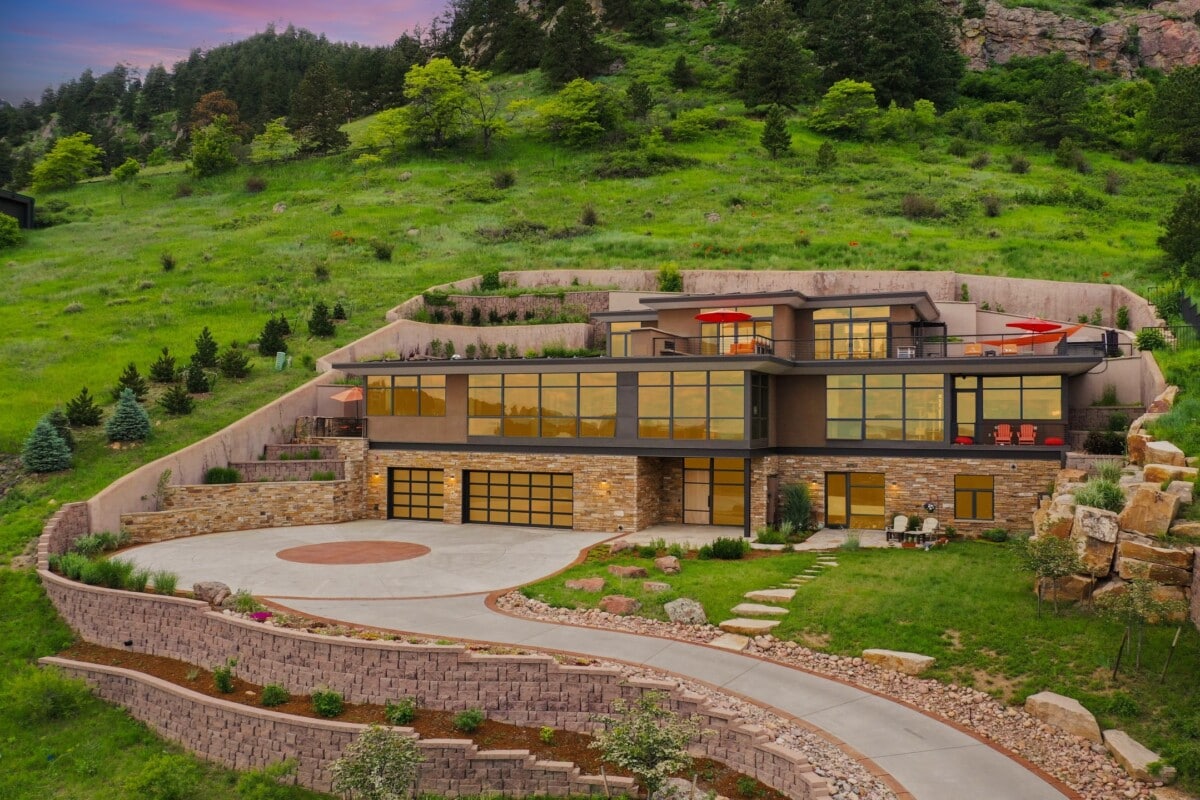
1. What should I look for when considering commissioning an architect to design a custom home for me?
“When selecting an architect, find one who has been in business for at least 15 years, has created the exact style of house you have in mind, and has positive referrals from the last 5 projects,” suggests Dream Home Design USA. “Interview several candidates to make sure you can communicate effectively.”
Your candidate should be able to deliver the size, style, and detailing that fits your vision, lifestyle, and budget.
2. Does the architect offer a pre-design analysis service?
A pre-design analysis service is crucial for architects because it serves as the compass that guides the entire project. It helps them thoroughly understand the client’s needs, site conditions, and budget constraints, ensuring that the design aligns seamlessly with the client’s vision and practical requirements.
Andrew Mikhael Architect recommends asking the question, “‘Do you offer a pre-design analysis service to help move us along safely and efficiently toward the design phase?’ Too many professionals wanting to land the job jump into the design before analyzing the client’s needs and the project realities (budget, site constraints, etc.). These projects come in over budget, go around in circles, and often settle for less than the best option.”
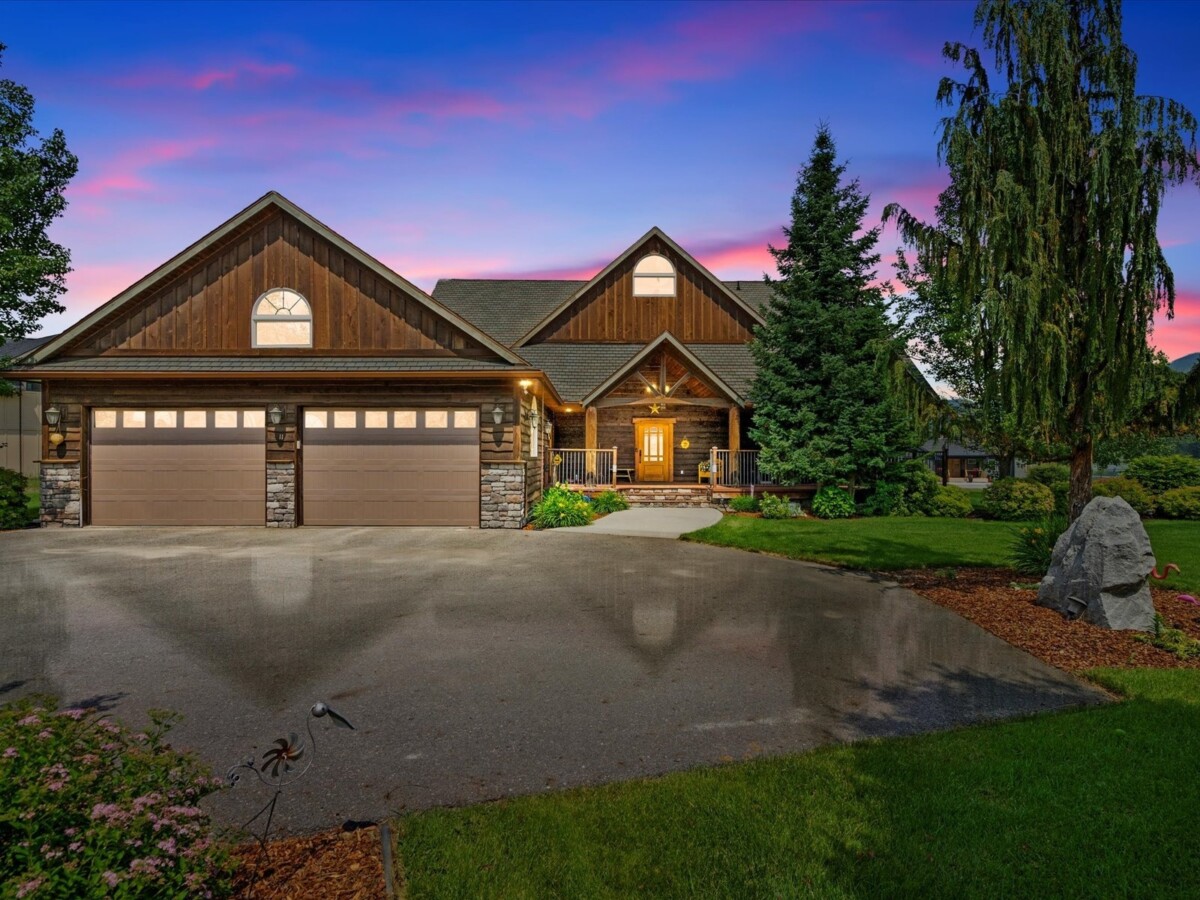
3. Does the architect use virtual reality tools?
Utilizing virtual reality tools is essential for architects as it allows them to provide clients with immersive, realistic visualizations of their designs, helping clients to better comprehend and engage with the proposed spaces.
“Your architect candidate should be able to show you how they use virtual reality software tools to let you actually experience the design meaningfully,” remarks Mark Elster of AOME Architects. “To do this, the architect must be able to design in a 3D virtual environment. You will understand the finished result much better than any other method, and your architects will also benefit from understanding their own design in a much more concrete way.”
4. What percentage of the architect’s work comes from referrals and repeat clients
Architects with a substantial history of repeat clients and referrals demonstrate consistent excellence in their work, instilling confidence that they can deliver exceptional results for your project as well.
“Even a very troubled project can yield a few good photos. Something that looks great initially may not stand the test of time well. So, never put too much stock in a pretty picture. A good architect will get a large percentage of their work from referrals because happy clients and consultants will spread the word and come back,” shares Kateri Stewart Architect.

5. Is the architect licensed?
“There is a difference between the services of an architect and a draftsman or designer,” notes Jonathan Parks AIA, Principal of SOLSTICE Planning and Architecture. “Architects are licensed professionals, and clients should know who sits across the table from them.”
Hiring a licensed architect can provide legal protection, reassurance of professional competence, and adherence to building codes, safeguarding both the integrity of your project and the safety of its occupants.
6. Has the firm ever designed a house for a client before?
“Some architects have designed houses before but for themselves. Designing for clients and understanding their wishes, budget, and more requires skills that take many years to develop,” Jonathan adds.

7. Is the architect a good communicator?
“In addition to being creative and clever, a good architect must be a good communicator,” notes Full Stop Design Studio. “Because architects and designers rely on others to have their work realized, they must be good at taking in information from clients and translating it into various media for contractors, tradespeople, and owners.”
As you meet your potential architect and learn what their process is like, pay attention to their communication style and establish a way that they can communicate to you most effectively, whether that’s in drawings, written descriptions, or renderings.
8. What is the architect’s “why?”
“Every homeowner looking for an architect should ask what’s the architect’s ‘why’ for what they do. If their mission, vision, and reasons to wake up every day and do what they do don’t relate to the homeowner’s mindset, there may be friction along the way,” shares Flow Design.
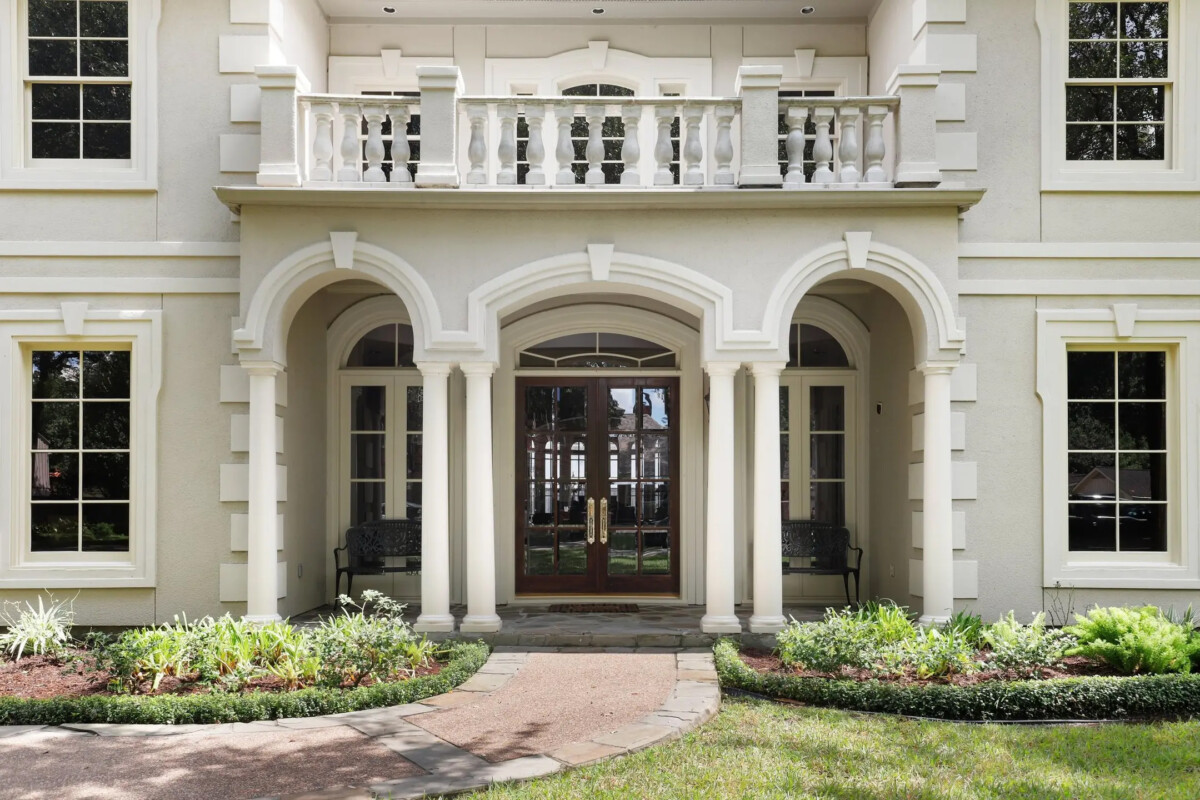
9. How involved will the architect allow the client to be in the design process?
Inquiring about the level of client involvement in the design process is essential as it sets clear expectations and ensures alignment between the architect’s vision and the client’s desires.
Mark Grisafe of Grisafe Architecture in Long Beach, CA, remarks, “One of the most important things homeowners should ask about is how involved the architect will allow a client to be in the design process. Most homeowners have some specific ideas about how they want their homes to turn out — either ideas about the overall aesthetic or features they definitely want included. A residential architect should listen to those ideas and find a way to incorporate them into the design instead of trying to talk their clients out of their ideas so they can execute their own vision.”
10. Who on the team will design and execute my project from start to finish?
Knowing who on the architectural team will be responsible for designing and executing your project from start to finish is vital for maintaining consistency and accountability throughout the project.
“Some firms have sales associates who sign up clients and then, after the initial meetings, pass the client onto a team who only gets information second-hand. It’s important to know who you’ll be working with through the entire length of your project,” shares Charles Cunniffe Architects.

11. What is and isn’t included in your fees?
Abeer Swseis, Design Partner of SweisKloss, notes, “Different architects offer different levels of design and service. Make sure you understand what level you are getting, and it is clearly spelled out in their proposal.”
You’ll want to know information like what the deliverables will be, whether interior elevations, lighting, and site designs are included, or if they will take an active role during construction.
12. How far does the architect’s involvement go?
“It’s important to ask whether a firm stays involved in the project after completing the design and what it entails,” shares DeFalco Home Design.
Some of these include obtaining the necessary permits, helping with selecting and hiring the builder, reviewing shop drawings, material orders, and owner selections for conformance with the design, attending site meetings and critical milestone walkthroughs, or whether they have construction experience that may provide insight into the building phase.
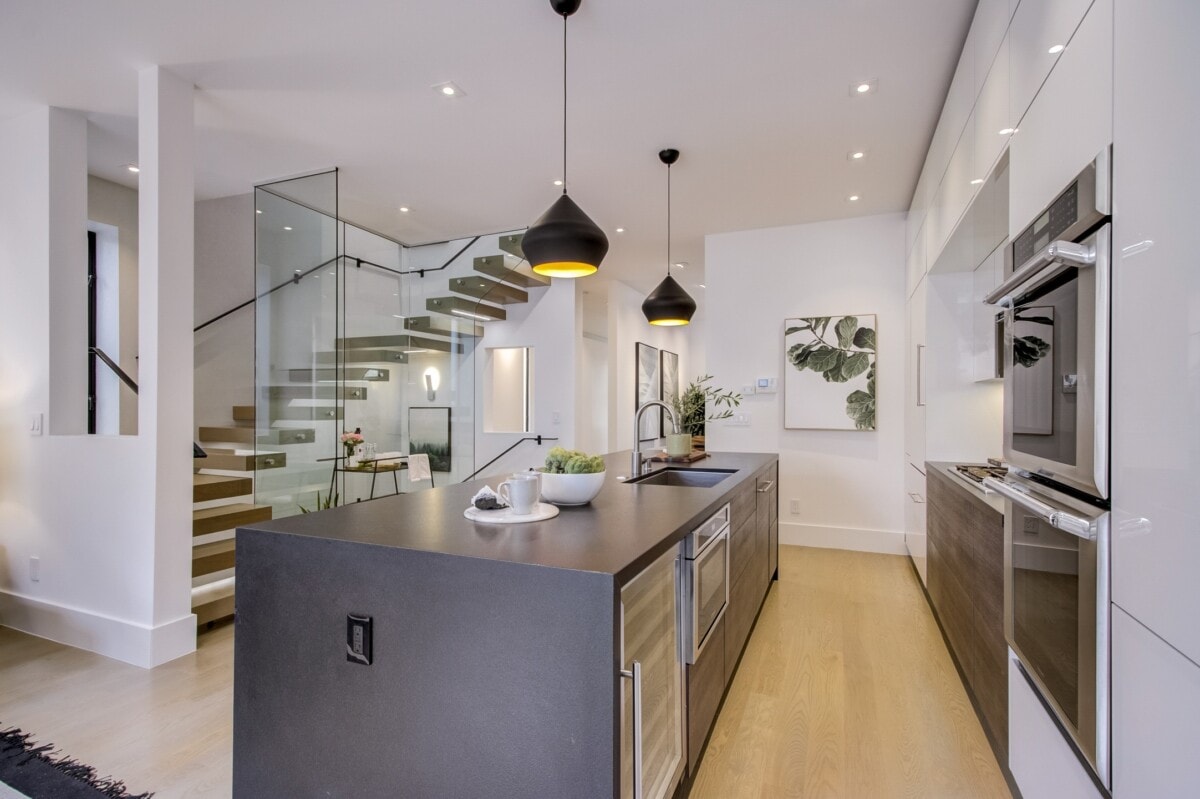
13. Does the architect understand my lifestyle?
Nancy S. Weinman, AIA, CCM of Weinman Architectural Services, states, “For some, the architect should understand your lifestyle. If you live alone, have a dog, or are interested in cooking, you must communicate this to your architect. In fact, the best advice I can give as an architect is if we are not asking you the questions, you might not be talking to the architect that has your best interest.”
14. Does the architect have a particular style?
“For me, the design process is not about adhering to a particular style, but rather involves solving the functional issues of access, circulation, and privacy with an open mind,” shares Kevin Harris Architect. “Solving these first guides the general layout. Once the plan is solved, I develop the elevations into 3-D by applying the classical principles of scale, proportion, and historical precedence. The design vocabulary for each home is unique. By asking how an architect will determine your home’s style will provide insight into their creative philosophy, and how well that aligns with your aspirations.”

15. How is your project process structured to lead to a successful outcome, and what does that outcome look like to you?
Every architecture firm has a personality and core values that differ from office to office. Similarly, every project is unique and has its own challenges.
“By asking this question, a client who may be new to working with a design professional can understand what a process from paper toward construction might look like, what the core values of that architecture team are, and if they align with the project’s goals. A personal design process can be a daunting undertaking, and having a good comfort level in personalities, project approach, and alignment of the goals at the outset is often the most important element to enable success,” remarks Market Square Architects.
16. What is the anticipated timeline, and how does the firm plan on managing the project schedule?
This is helpful in establishing the schedule constraints on a project.
La Union Studio states, “We joke that design only stops when there is a deadline or deliverable that needs to be achieved. Otherwise, we as design professionals can spend endless amounts of time refining. By knowing expectations around the timeline, the client can hold the architect accountable for hitting certain milestones, especially if the financial success of a project is contingent on those milestones being hit.”
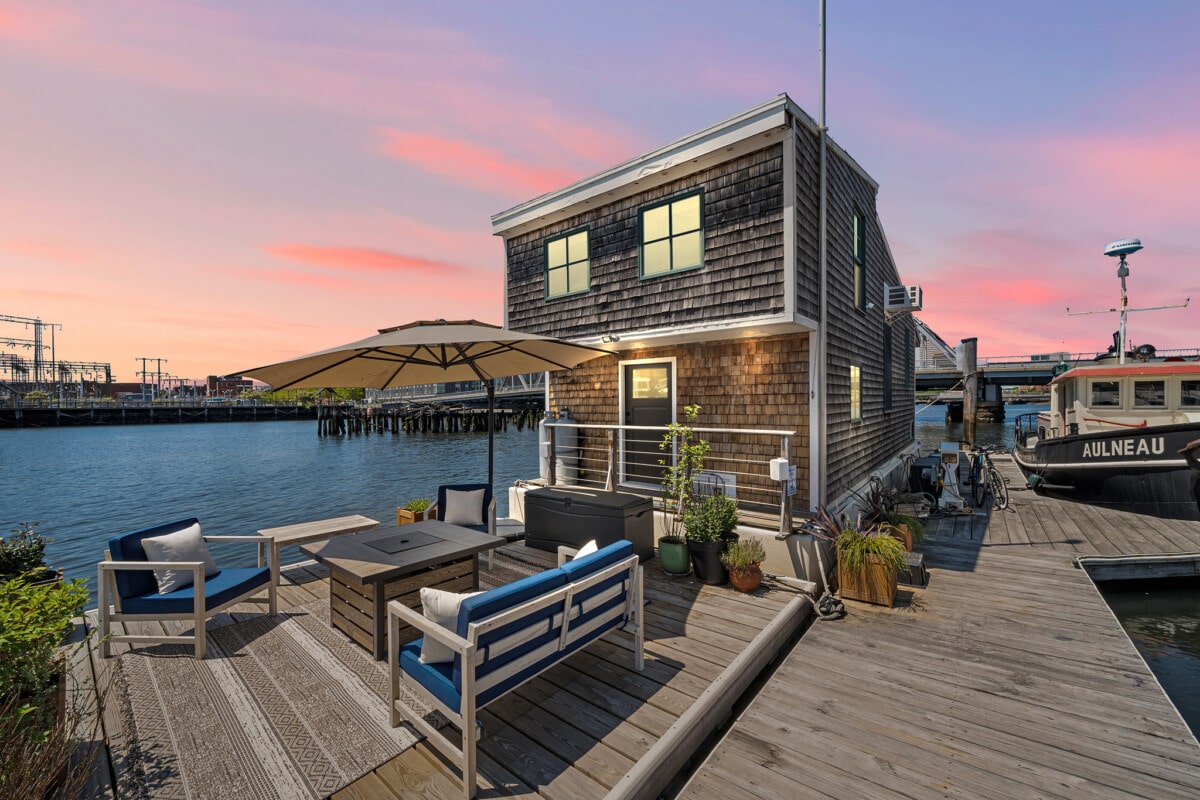
17. What is your functional design expertise?
“If your remodel project includes the kitchen, it’s important to ask potential architects about their functional design expertise – taking into account how you use your kitchen and how you live into your design objective,” notes Space Theory. “It is also important to gain a strong understanding of their knowledge of appliance integration. The primary role of an architect is to design the home’s structure and determine the general layout and flow patterns.”
Often the layout and functionality of the kitchen falls to the wayside. Additionally, sole practitioners often work on only a handful of kitchens a year, making it hard to become an expert in this work area. If a homeowner cooks a lot, it may be worth hiring a kitchen design specialist to dial in this highly specific area of the home.
18. Does the firm have my best interest at heart?
“My best advice to clients is to look for signs that your architect has your best interest at heart and that they genuinely want to guide you through a well-defined process intended to reveal the best design for you rather than a cookie-cutter solution that has been recycled over and over. If you are not walking away from your initial meetings with excitement and anticipation about your future home, or if you get the sense that they do not care about your needs, thank them for their time and look for a different architect,” shares Christopher J. Novelli AIA, NCARB of n3 Architecture.
19. How can we make my project more environmentally friendly?
“Harmful climate impacts are driven disproportionately by building construction and operation, including up to 40% of total CO2 emissions globally. Architects occupy a position of influence within the construction industry, driving material flows and modeling innovative best practices,” notes OPAL. “With this comes responsibility and an opportunity to collaborate with builders, material manufacturers, and others to seek impactful climate solutions. It’s important to ask your architect about their environmental approach, including design decisions about operational efficiency, embodied carbon, responsible product specifications, habitat considerations onsite, limiting water use, and the design of healthy interior environments for occupants.”
- SEO Powered Content & PR Distribution. Get Amplified Today.
- PlatoData.Network Vertical Generative Ai. Empower Yourself. Access Here.
- PlatoAiStream. Web3 Intelligence. Knowledge Amplified. Access Here.
- PlatoESG. Automotive / EVs, Carbon, CleanTech, Energy, Environment, Solar, Waste Management. Access Here.
- PlatoHealth. Biotech and Clinical Trials Intelligence. Access Here.
- ChartPrime. Elevate your Trading Game with ChartPrime. Access Here.
- BlockOffsets. Modernizing Environmental Offset Ownership. Access Here.
- Source: https://www.redfin.com/blog/questions-to-ask-an-architect/



